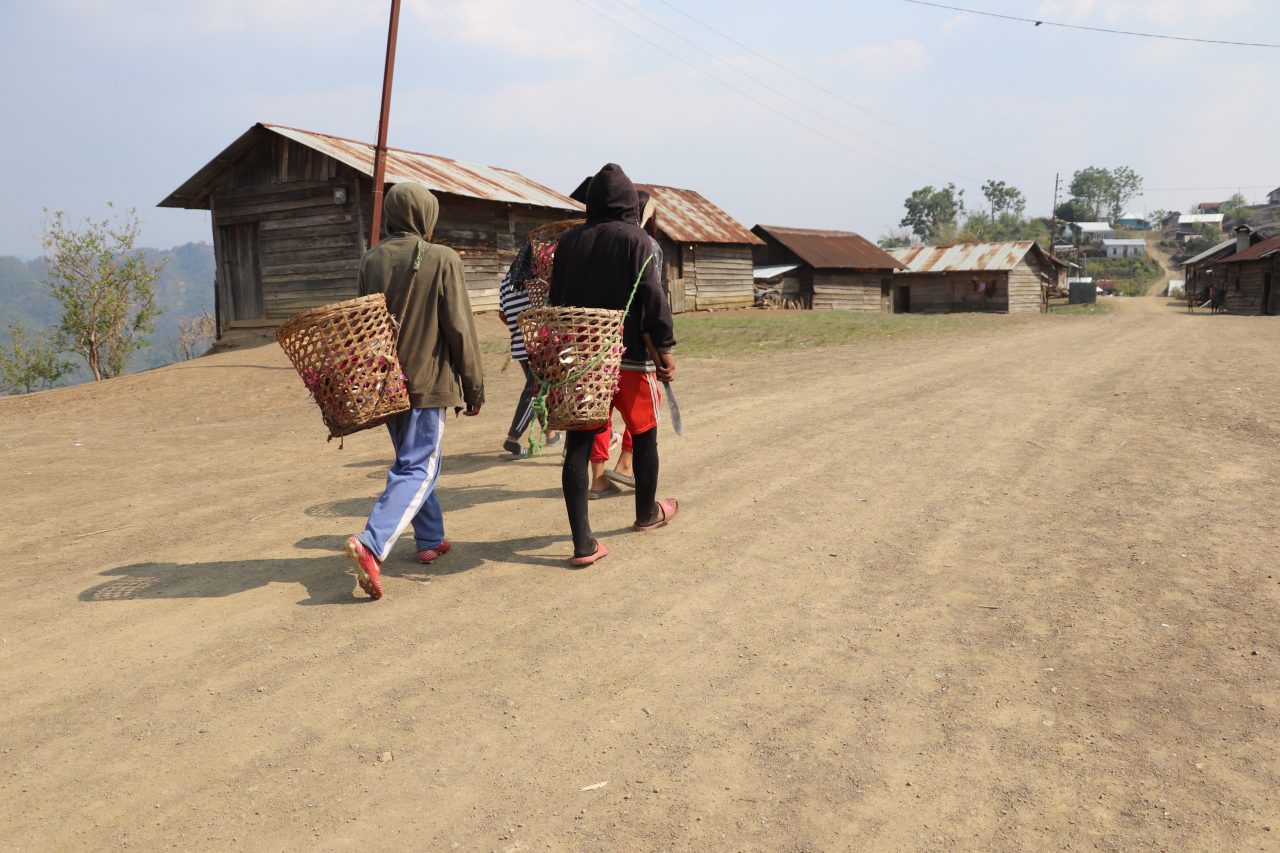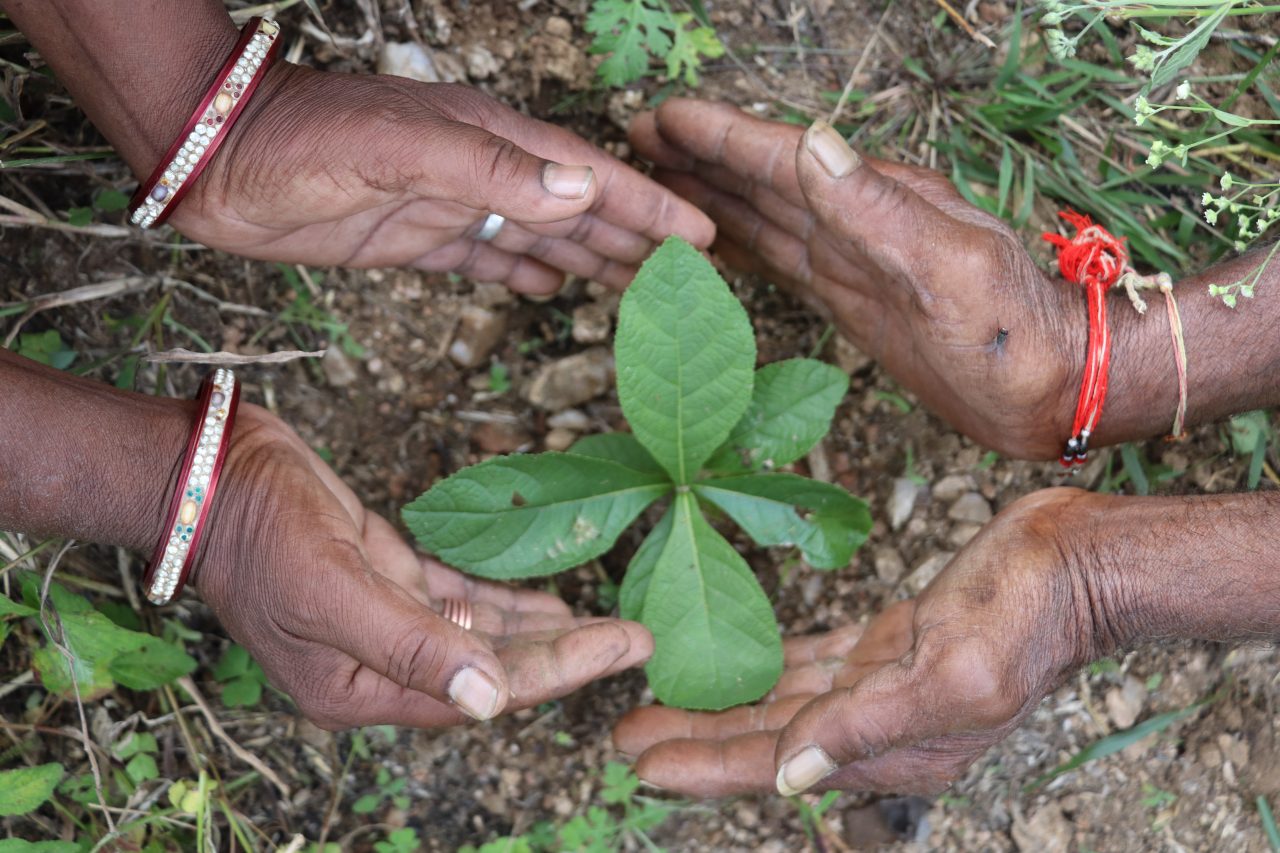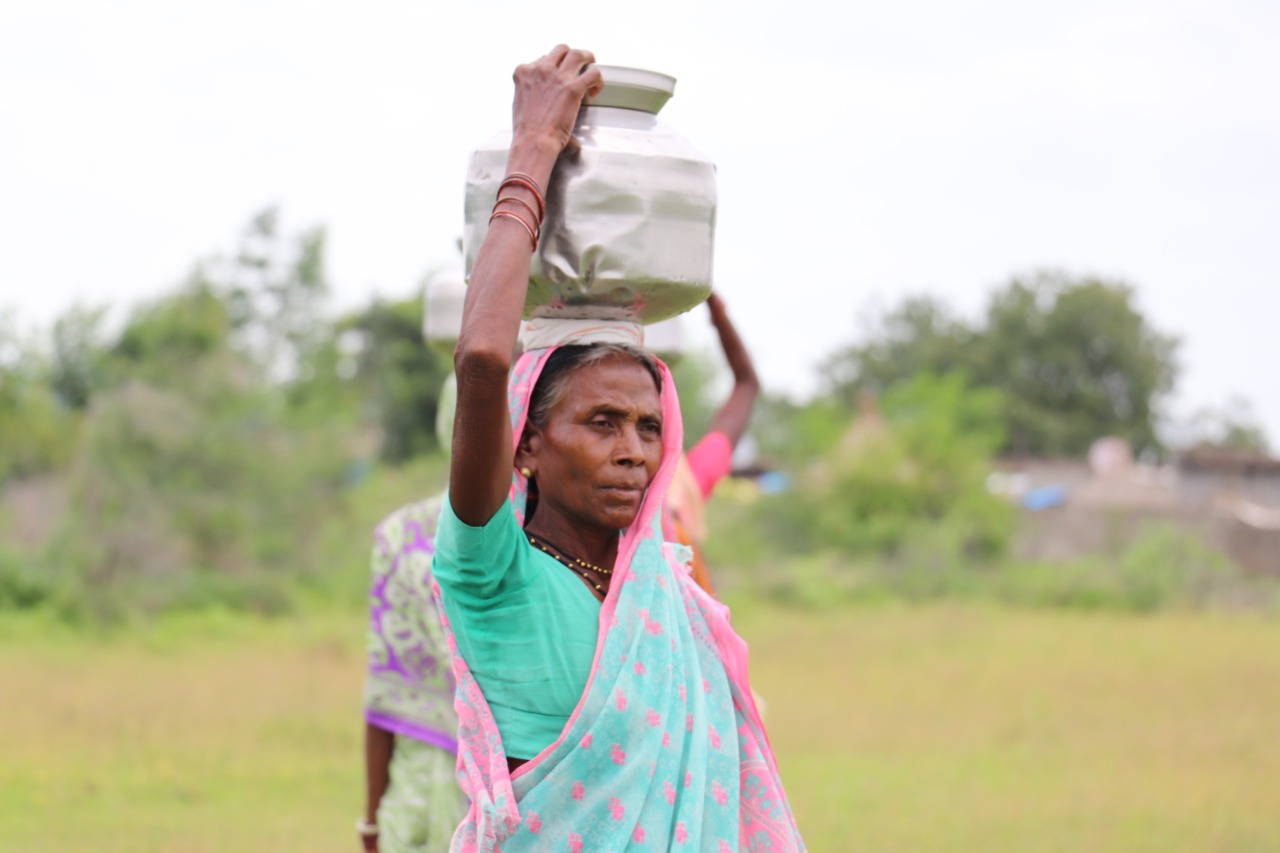- home

- Publication & Resources

- Blog
- Forest Dwellers & Forest – Based Livelihood

Forest Dwellers & Forest – Based Livelihood
CASA organised a webinar on the 28th of July, 2020, highlighting the issues faced by the forest-dwelling communities in India, in the midst of COVID-19. More than 100 individuals participated in the event, which comprised of community members, staff members of CASA as well as of our partner organisations. The webinar focused on the struggles faced by the forest- dwellers to retain their livelihood and brainstorm on the schemes and policies that could progressively mend the current scenario of the marginalised. The features of the webinar were as follows:
 The webinar was moderated by Tapan Chandra Kumbhakar.
The webinar was moderated by Tapan Chandra Kumbhakar.- Head of the Programme, Dr. Jayant Kumar, presented the keynote address where he established the objective of the webinar that aimed to measure the ground realities of the forest-dwellers that rely on forest produce for their livelihood.
- Sunita Bagal from Amhi Amchya Arogya Sathi, Maharashtra, was the Chief Guest and presented her inputs, ideas, and experiences on how 60% of the annual income of such communities depends on Minor Forest Produce (MFP) but since the lockdown, the forest- dwellers are compelled to live without any income.
- Speakers from all across the country participated in the webinar and shared their experiences and thoughts on the livelihood patterns of the forest-dewllers. As most of them rely on forest produce for a living, it is essential to recognise their plight and work towards making them labour-oriented rather than forest-dependent.

- The focus of the webinar was set on the livelihood attained through Non- Timber Forest Products (NTFP) and the impact of Covid-19.
- CASA members across the country and our partner NGOs’ shared detailed statistics of ground realities, opportunities, and bottlenecks of the forest-dwelling communities, state-wise.
- Agricultural producers got affected in marketing due to lack of transportation facilities and resulted in less number of buyers; imbalanced demand vs. supply ratio and hence farmers got very less price against their products.
- Emphasis was given to raising awareness amongst the youth regarding taking up the issues of community-based forest conservation, protection and management.
- The webinar discussed on how,due to the lockdown, people in such circumstances are unable to step out from their homes, and hence, the initiation of agricultural activities like ploughing of fields are hampered. The seeds which they usually keep intact for the sowing of the fields have been finished up on consumption. Marketability of collected items is also a great challenge, as they’re unable to sell their goods on MSP and local vendors are deceiving them by providing very few prices.

- CASA staff, who are actively working to extract cases and information about the issue as much as possible, highlighted how the facilities available in such settings for those who are residing in forest’s proximity are always less than the cities and towns geographically, politically, socially. In this pandemic, facilities like transportation, health, education, food security problems are rising gradually in every sphere of society where these groups were found more vulnerable than before.
- Forests contribute to the livelihood of about 252 million worldwide and they contribute directly to the livelihood of 90 percent of those poor people living with less than 1.25 US Dollar per day income.
- We need to advocate to cover millets under minimum support price, so that forest-dwellers would be motivated to go for cultivation of millets and it’s surplus production, if any(after consumption), should be connected with forward linkages.
- Awareness programmes of sanitization, physical-distancing and health security must be provided to the forest dwellers.
- The importance of local authorities i.e. Gram Sabha was highlighted and in context with CASA’s, institutional building initiative is to strengthen the Gram Sabhas. Short term and long term participatory planning is needed and utmost care needs to be taken of each and every person, especially the Antyodaya (poorest of the poor). Plans need to be listed and prioritised with the importance of which comes first. However, since FRA, 2006, PESA 1996 gives us the space and opportunity to map our traditional and customary boundaries and prepare every gram sabhas. Nistar Patrak is a register in which rights of the community to fuel, water, murum, grazing etc in Government land is recorded. Gram Kosh also needs to be developed by opening a proper bank account of gram sabhas.
- For North East India, SALT (sloping agriculture land technology) could be an alternative for shifting cultivation (Jhum cultivation) which is being practiced for a long time in the north-east region of India.
- Under agro- based livelihood, since the forest-dwellers are having small land holdings in the forest area, they could be motivated to take millet promotion, oil seeds and pulses in hilly and undulated forest land as the cultivation also requires less water.
- We also need to go for advocacy to cover millets under minimum support price so that forest dwellers would be motivated to go for cultivation of millets.
- Nutrition Garden needs to be done with every household so that the nutrition aspect of
- The forest food (uncultivated food) need to be given serious impetus as these are rich sources of proteins, fiber and minerals.
- Groups need to be registered under cooperative laws so that enterprises could be run under the cooperative system.
 Previous Blog Post Seen through an Invisible Lens
Previous Blog Post Seen through an Invisible Lens Back in Time- History of CASA
Back in Time- History of CASAFeatured Post

International Women’s Day -2021
8 Mar 2021
International Women’s Day -2021 is very special for CASA. It’s a delight to announce, CASA with the support of the Church of Sweden has launched an exclusive Gender Desk to emphasise the importance of Gender Justice work. CASA has been working for Gender Justice all throughout and across our constituencies in all these years. Gender Desk comes to add vigour […]

Overcoming Gender and Poverty Barriers
Poverty has been an inevitable problem in India since the beginning of time. The increasing problems of poverty caused by overpopulation and the unequal distribution of wealth among the people have led to a huge impact on the life of millions in the rural as well as the urban area. A person has to acquire […]

Impact of Climate Change on Women
16 Jan 2021
Climate change is a prevailing problem globally whose hazardous repercussions extend beyond the environment. Shrinking glaciers, extinction of plants and animal species, mutation, rise in the Earth’s average temperature and triggered seasonal fluctuations, are some of the impacts of climate change that have already grabbed the headline. Certain early predictions pertaining to climate changes had […]



